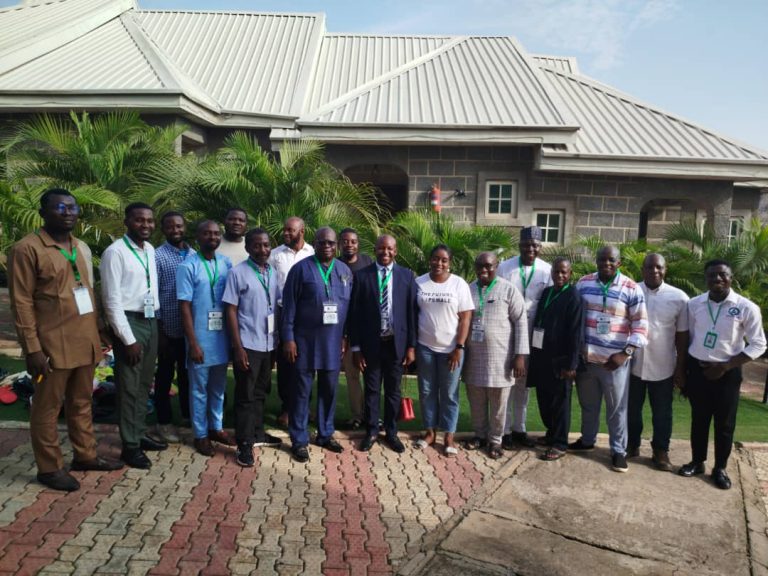…advocates enhanced agricultural activities for improving food security
A group known as Sustainable Ecosystem Intiative (SEI) functioning as a non-governmental organization, has advocated a more transparent and accountable practice towards funds meant for managing the effect of climate change in Nigeria.
Speaking in Abuja at the weekend during a sensitization workshop on ‘Seeding change, nurturing the future’, the Director General of SEI, Dr Ali Jude Igyo, stated that as the world grappled with the devastating environmental degradation posed by the wave of climate change, government agencies, partners and organisations in the country must deploy all necessary tools, including equitable funds, to address the challenges.
Also emphasizing the need for enhanced agricultural activities for food sufficiency, he called for the promotion of sustainable crop production and other agricultural activities that would ensure food security, particularly for those adversely affected by the effects of global warming and the rest.
“It is in the wake of the foregoing that his Initiative, a non profit making organisation with a slogan, ‘Building Resilience, Securing Livelihood’ is poised to ensuring a world where communities can thrive sustainably irrespective of the climate challenges they face, through and transparent climate financing system that only supports resilient and sustainable agriculture activities as well as other relevant sectors of production that can ensure a dependable livelihood”, he stated
According to him, “SEI is advocating transparency and accountability in climate change finding”
Other aspects, he said, include mapping out of programmes to empower communities for building of reliable climate change impacts through innovative, sustainable practices that enhance their economic growth and social well being, among others.
In his address, Dr Olabode Agunbiade, Chairman, Board of Trustees of SEI, called for significant investment in the climate change financing window to facilitate essential clean energy transformation in Nigeria.
He, however, regretted that financing climate change in Africa reeks of broken promises and neglect, noting that pledges of developed countries to commit $100 million annually to fight climate change have yet to materialize.
He also lamented that “while developed nations are on course in reducing decarbonation by the target years, developing countries including Nigeria are lagging behind in financing climate change actions”.


